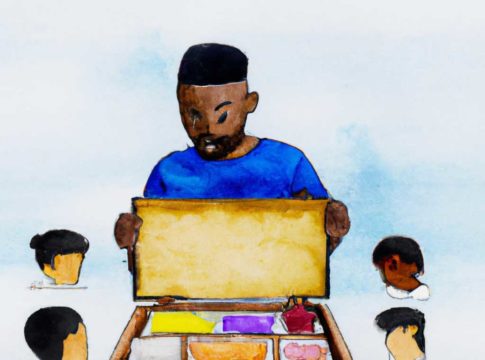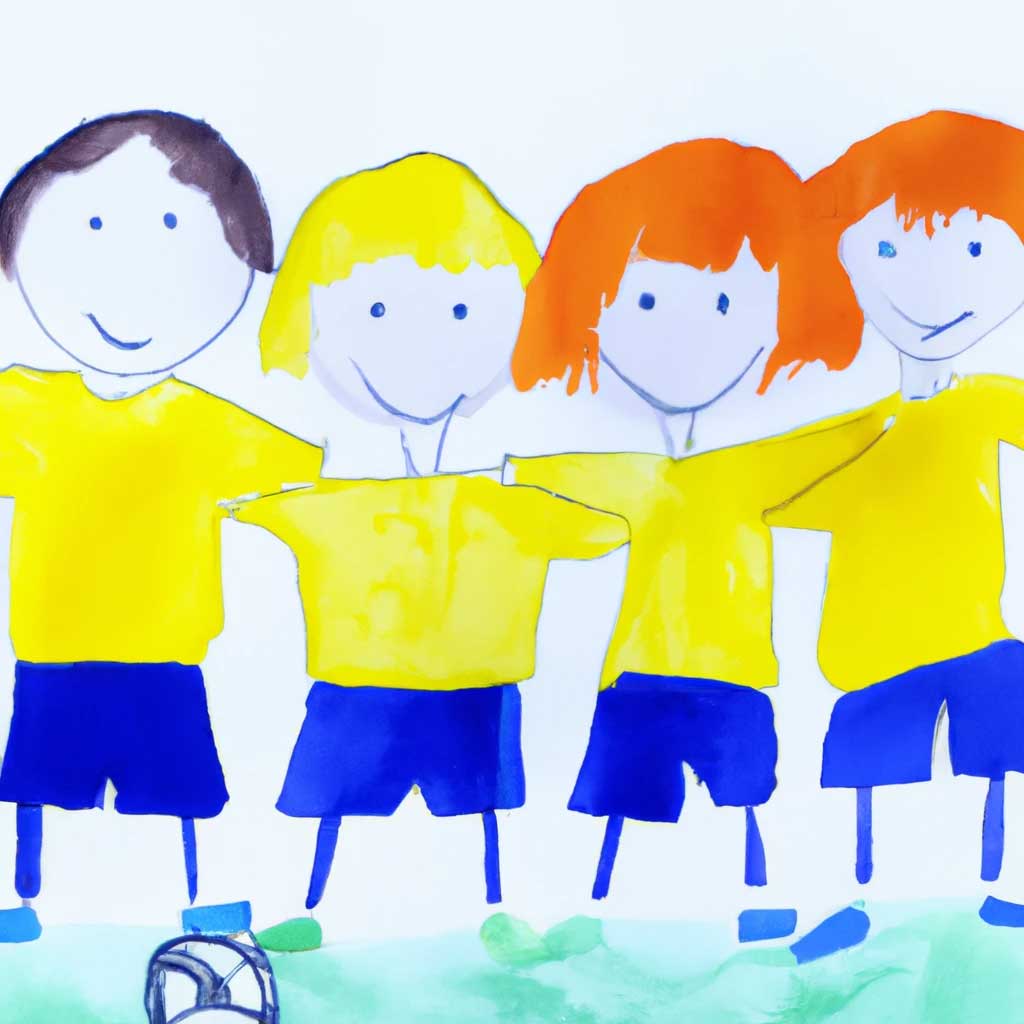It is the Key to Strong Connections
Respect is more than just saying “please” and “thank you.” It’s about genuinely caring how your words and actions impact others, and treating them the way you’d like to be treated.
What Is Respect? Respect involves:
- Acknowledging Worth: Recognizing someone’s actions or qualities—like hard work or kindness—worthy of honor.
- Mindful Behavior: Adjusting what you say or do to avoid hurting others’ feelings.
Why Respect Matters for Teens
- Build Trust: Respect makes friends feel safe and valued, creating strong and lasting relationships.
- Boost Self-Respect: When you respect yourself—by setting limits, speaking kindly to yourself—you also expect respect from others.
- Enhance Empathy & Inclusion: Respecting different backgrounds and opinions helps everyone feel seen and understood.
What It Looks Like in Real Life
- Listening Without Interrupting: Gives others space to express themselves.
- Using Kind Words: Even when upset, you stay calm and polite.
- Respecting Space & Property: You don’t invade boundaries or damage things.
- Admitting Mistakes & Apologizing: Owning up shows maturity and respect.
Respect in Action: Teen-Level Examples
- Group Project at School
You suggest ideas, but also listen when others speak, making everyone feel included. - When Someone’s Different
If your classmate stands out by style or culture, you choose curiosity over judgment. - Online Respect
Instead of jumping into an argument or gossip online, you pause and think, “How would I feel if someone said that about me?”
5 Steps to Grow Your Skill
- Pause Before Acting or Speaking
Ask yourself: “Could this hurt someone’s feelings?” - Use “I Feel…” Statements
“I feel upset when…” shows honesty without blame. - Watch & Learn from Role Models
Notice celebrities or leaders who treat others well, then try it yourself. - Celebrate Differences
Try something cultural or new—it’s hard to disrespect what you’ve experienced. - Reflect Daily
Ask: “How did I show respect today? If I slipped up, how can I do better tomorrow?”
The Ripple Effect of Respect
Respect is contagious. When you treat others kindly and mindfully:
- It strengthens friendships and family bonds.
- It diffuses conflict and reduces bullying.
- It fosters a positive and welcoming space in your classroom and online communities.
Final Thought
Respect isn’t just a courtesy—it’s the foundation of trust, empathy, and authentic connection. By being thoughtful in your words and actions, you don’t just uplift others—you grow into a confident, caring leader.




